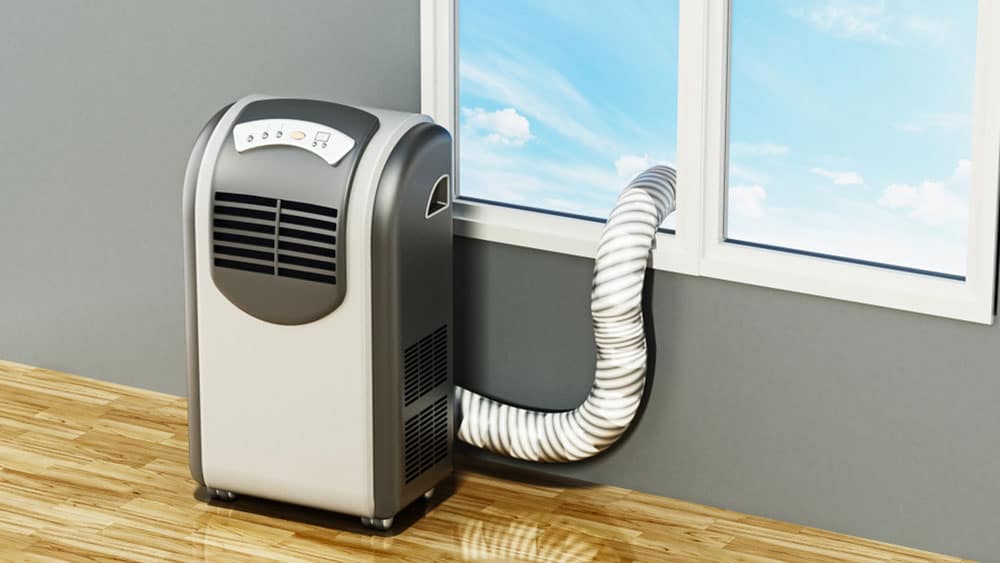When it comes to air conditioning, you may have come across the term “HVAC,” but what does it actually mean? HVAC stands for Heating, Ventilation, and Air Conditioning. It is a system that is designed to provide thermal comfort and acceptable indoor air quality. Understanding the meaning of HVAC in air conditioning is crucial, especially if you are a homeowner or a business owner looking to install or maintain an efficient cooling system. In this comprehensive guide, we will delve into the meaning of HVAC in air conditioning and explore the various components and functions of this essential system.
The Components of HVAC in Air Conditioning
The HVAC system comprises several key components that work together to ensure that your indoor environment is comfortable and healthy. These components include:
| Component | Function |
|---|---|
| Heating Unit | Provides warmth during colder months |
| Ventilation System | Facilitates the exchange of indoor and outdoor air to improve air quality |
| Air Conditioning Unit | Cools and dehumidifies the air during warmer months |
Understanding the Functions of HVAC in Air Conditioning
The primary functions of HVAC in air conditioning are to regulate temperature, control humidity, and ensure adequate ventilation. Let’s delve deeper into each of these functions:
Temperature Regulation
The heating and air conditioning units in an HVAC system work together to regulate the indoor temperature. During colder months, the heating unit kicks in to warm the air, while the air conditioning unit takes over during warmer months to cool the indoor environment.
Humidity Control
Excessive humidity can make indoor spaces feel uncomfortable and can also lead to mold and mildew growth. The air conditioning unit in the HVAC system helps to remove excess moisture from the air, thereby controlling the level of humidity indoors.
Ventilation
Proper ventilation is essential for ensuring good indoor air quality. The ventilation system in an HVAC setup facilitates the exchange of indoor and outdoor air, reducing the buildup of pollutants and improving overall air circulation.
The Importance of HVAC Maintenance
Ensuring that your HVAC system is well-maintained is crucial for optimal performance and energy efficiency. Regular maintenance tasks such as filter replacement, cleaning of the ductwork, and inspection of the various components can help prevent breakdowns and costly repairs. Additionally, a well-maintained HVAC system operates more efficiently, leading to lower energy bills and a reduced environmental impact.

Credit: cielowigle.com
Choosing the Right HVAC System
When it comes to selecting an HVAC system for your home or business, several factors need to be taken into consideration. These factors include the size of the space, the climate of the region, and the energy efficiency of the system. Consulting with an HVAC professional can help you determine the most suitable system for your specific needs.
Conclusion
Understanding the meaning of HVAC in air conditioning is essential for anyone looking to create a comfortable and healthy indoor environment. By grasping the functions and components of an HVAC system, as well as the importance of maintenance and system selection, you can make informed decisions when it comes to cooling and heating your space. Whether you are a homeowner or a business owner, investing in a high-quality HVAC system is a step toward creating a more pleasant and energy-efficient indoor environment.
